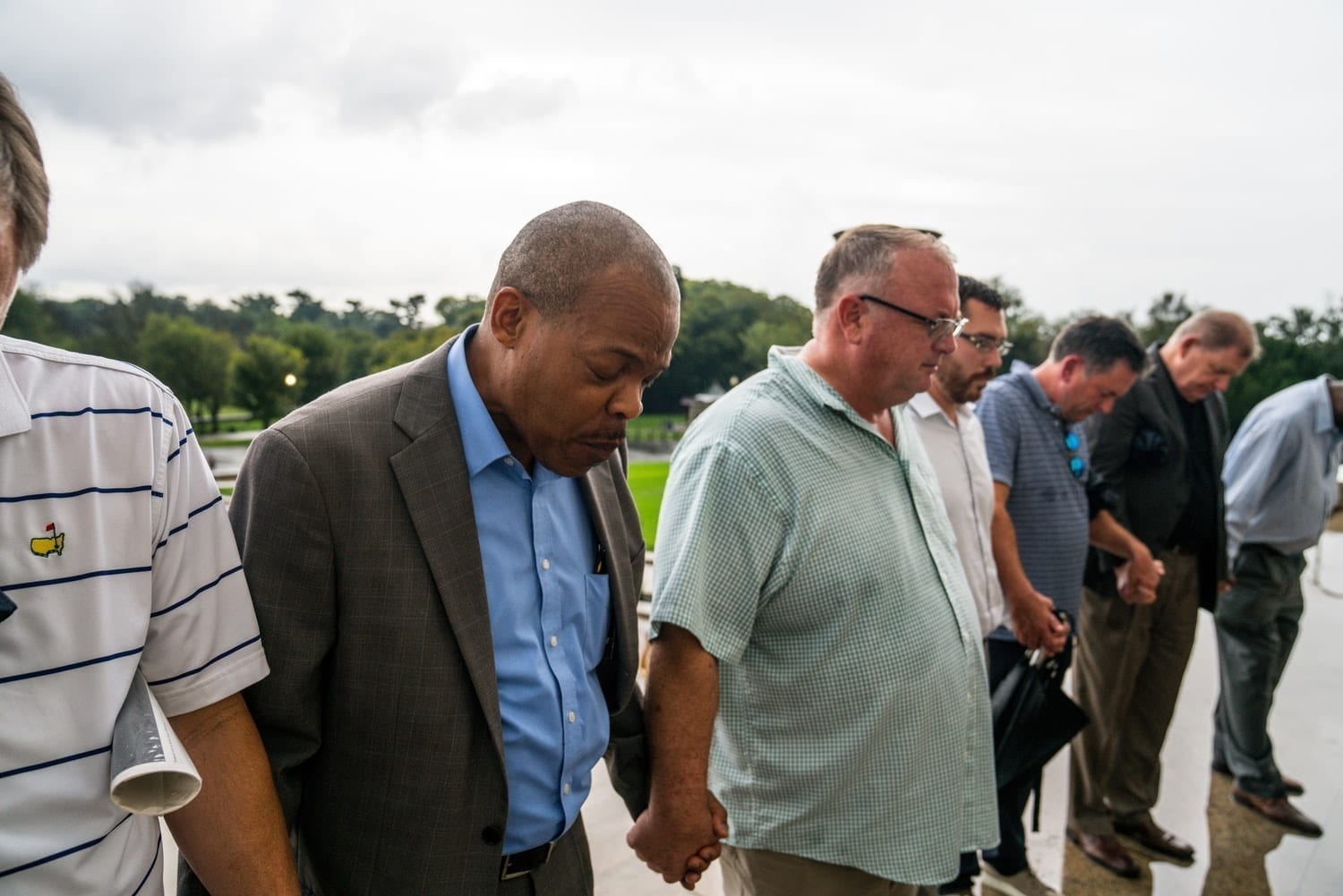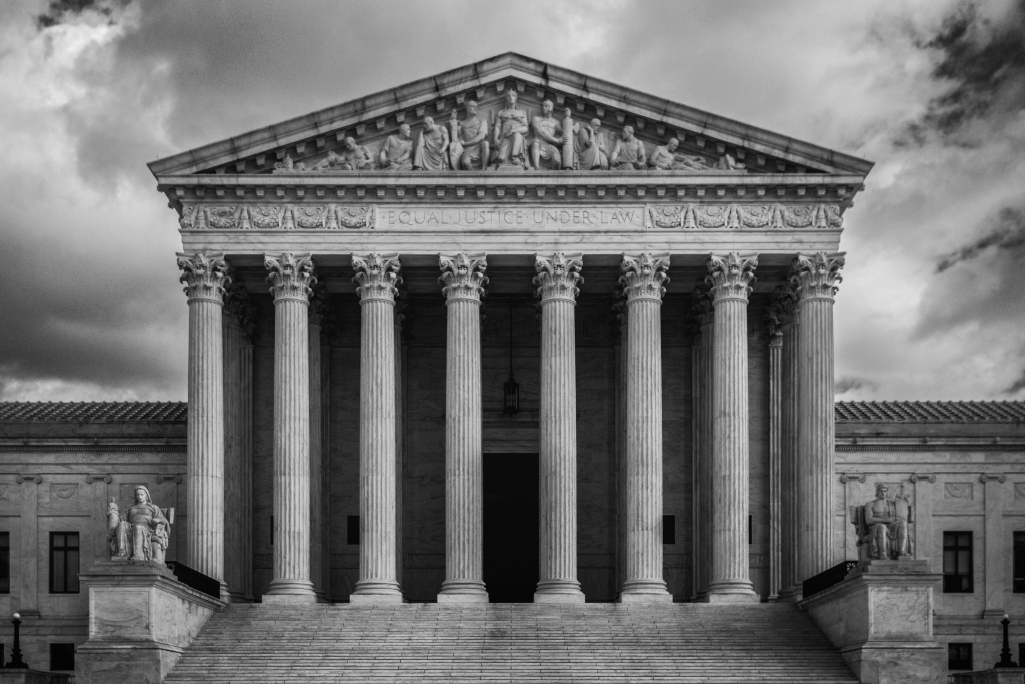It was June 2006 when I walked through a tunnel into the Greensboro Coliseum and first saw the Southern Baptist Convention (SBC) in action. I watched in awe as a sea of paper ballots rose in the air time and again, and President Bobby Welch led 11,639 messengers through two days of actions that would affect the year to come. It was like watching a symphony. But as a new member of the orchestra, I often wondered what was happening and at times was unsure of what I was doing. I knew I had a great responsibility, and I wanted to approach it with the necessary deliberation.
After those two days, I determined to never stop learning about the processes of Southern Baptist cooperation. In the words of Aaron Sorkin (and perhaps Harry S. Truman), “Decisions are made by those who show up.” But “showing up” must mean more than our mere presence. We come together to make decisions about how we will work together for the spreading of the gospel to the ends of the earth. It must involve more than raising our hands in the air. It must involve our minds and our hearts. When we act, we should seek to understand.
The SBC is a body of people who are members of churches that have chosen to participate in cooperation with one another. When the Convention gathers to do its business, no single messenger carries more authority or privilege than another. Every vote carries the same weight, everyone sits under the same rules, and every individual has the opportunity to use his or her voice.
The SBC does not rule from the top down. Rather, it is a cooperative effort of the churches that does its business from the bottom up. The most important person in the SBC is the individual messenger, and when the deliberative assembly gathers, the denomination is doing its most important work: the work that determines the future of its cooperative ministries.
Engagement takes many forms. Whether we are giving our resources, serving with others in tough places, praying for missions, or raising a ballot, we are making the decision to stand with others who have the same desire to see the gospel spread throughout the world.
We truly can do more together than apart, and this is best accomplished by an informed commitment to participation. It is vital that participants have accurate knowledge of how our system works. Even more so, that knowledge should inspire us to engage in the process of cooperation more deeply, so that together we may pursue the mission of Christ.
Our systems are designed to work, but our processes can get messy because we are human. Working together will always require effort and patience, and dependence on the Lord’s grace. But even in the messiest moments, I choose to stand with others because I believe our hope is real and our mission is worth the challenges.
We learn so that we can engage. We engage so that we can go on mission together.
(EDITOR’S NOTE – Amy Whitfield is director of communications at Southeastern Baptist Theological Seminary in Wake Forest, N.C. This article is adapted from the preface to her new book with co-author Keith Harper, SBC FAQs: A Ready Reference.)


